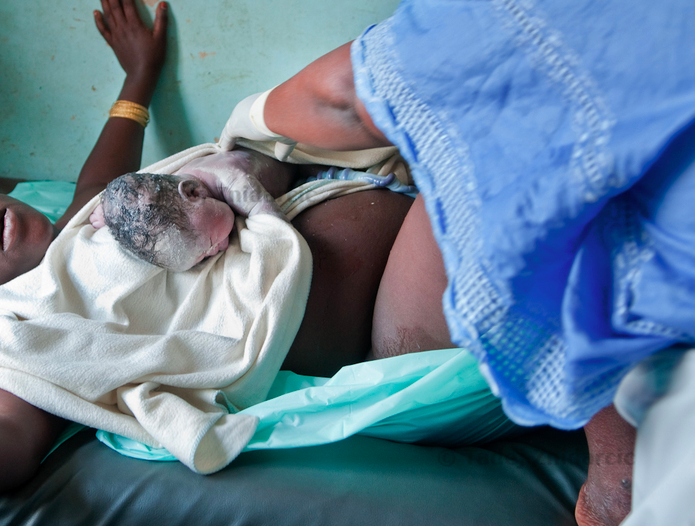A middle-aged woman on Monday died during childbirth after medical workers at Mityana Regional Referral Hospital refused to attend to her for failure to raise Shs5,000 to pay for a polythene sheet called mackintosh to deliver on.
Moments after the incident there was chaos at the hospital. The situation is now so dire that angry residents stormed the facility in an attempt to evict all the medics in a bid to force authorities to allocate more resources for maternal health and prevent the deaths.
This comes after the death of a 23-yr-old woman, who had earlier that morning died shortly after giving birth at the hospital in similar circumstances.
It is not clear why medics at the facility demand for money yet it is a government hospital at the level of a referral.
Maternity woes in rural Uganda
Nurses rudely asked for maternity kits from poor, peasant mothers. This is commonly known as a “mama kit” and contains a plastic sheet, razor blades, cotton wool or gauze pad, soap, gloves, cord ties, and a child health card. All mothers delivering babies in Ugandan hospitals and clinics are expected to bring their own “mama kits” when they go into labour and can cost as much as Shs40,000.
Sixteen women die in Uganda every day during child birth in instances that could be avoided. Maternal deaths and child mortality rates are higher among women living in rural areas and among poorer communities, where people also tend to be less aware of their rights and their leaders’ responsibilities.
In Uganda, a 2013 survey of three districts – Lira, Mityana, and Kabale – found that the 43 government-funded health centres lacked the minimum requirements for treating complications in childbirth, including severe bleeding, high blood pressure, resuscitation of newborn babies, caesarean sections and blood transfusions. The leaders in each area appeared unconcerned until local people began asking hard questions. Things have now started to change. Most maternal deaths in Uganda are due to severe bleeding, infection, hypertensive disorders and obstructed labour.











